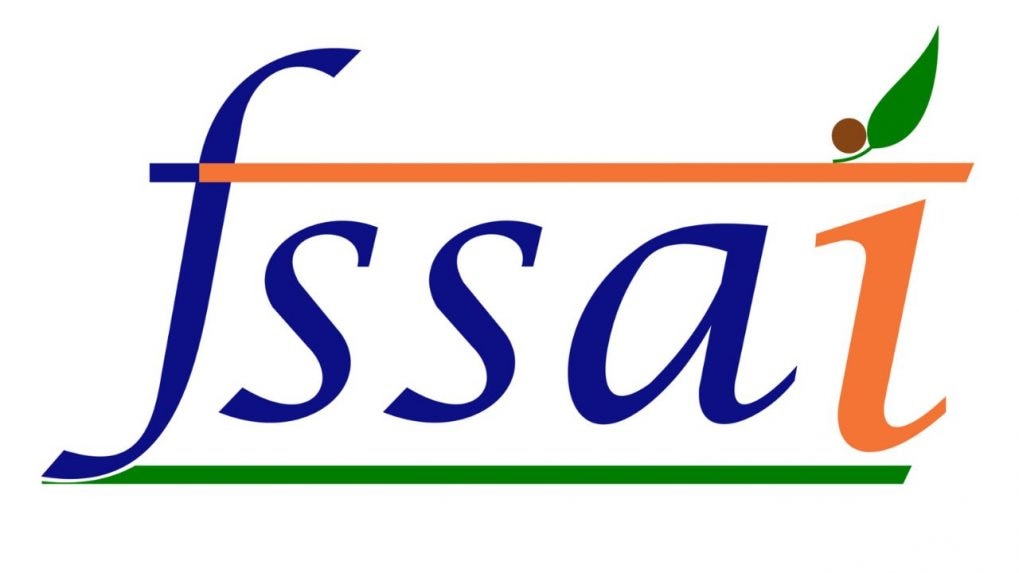FSSAI notifies amendment to Food Product Standards, tightens norms for oils, sausages, colours
The new regulations, effective February 2026, revise specifications for palm oil, packaged drinking water, meat sausages, and synthetic food colours.
ADVERTISEMENT
The Food Safety and Standards Authority of India (FSSAI) has notified the Food Safety and Standards (Food Products Standards and Food Additives) First Amendment Regulations, 2025, introducing sweeping changes to key food categories such as edible oils, meat products, food colours, spices, and processing aids.
These revised norms will come into effect on February 1, 2026.
Read more: FSSAI cracks down on misleading '100% natural' claims in food advertising
FSSAI has revised the refractive index values (a key purity and quality indicator) for various edible oils.
Palm oil at 50°C: changed to 1.454–1.456; Palm olein at 40°C: 1.458–1.460; Palm stearin at 40°C: 1.448–1.452; Vanaspati at 40°C: 1.459–1.460
This move is aimed at improving the quality control benchmarks and eliminating adulteration in oil products.
A new sub-regulation (2A) under the meat products category introduces comprehensive standards for fresh, cooked, smoked, dry, or fermented sausages.
The key requirements include: minimum meat content: 50% (fresh), 60% (cooked/smoked), and 65% (dry/fermented); maximum moisture: 65% (fresh), 60% (cooked/smoked), 50% (dry/fermented); strict hygiene, texture, and microbial specifications; and only specified natural or artificial casings permitted.
Additionally, FSSAI has established specifications for both whole and powdered dehydrated tarragon. It said that a popular herb, must be free from foreign matter, pest infestation, and extraneous plant species and minimum volatile oil content, maximum moisture (10%) and limit on yellow or brown leaves and broken stems.
FSSAI has broadened the permissible pH range and other physical parameter values for packaged drinking water, allowing pH range (serial no. 5): 75 to 500
It is to be noted that last year, FSSAI had officially classified packaged drinking and mineral water as a “High Risk Food Category” and had subjected these products to mandatory risk-based inspections and third-party audits.
Read more: FSSAI tightens compliance: FBOs must submit closure reports after license expiry
Under new amendments, FSSAI has also replaced the clause on synthetic food colour mixtures with detailed standards. For five new enzymes (enzyme additives from Genetically Modified Microorganisms - GMM) derived from Trichoderma reesei and other microbial sources were approved for food processing (bakery, oils, pasta, egg products), including: Phospholipase A2, Lipase triacylglycerol, and Glucose Oxidase.
Read more: FSSAI cracks down on harmful artificial ripening practices across India
Read more: FSSAI classifies packaged drinking water as ‘High-Risk’ category; imposes new inspection norms


